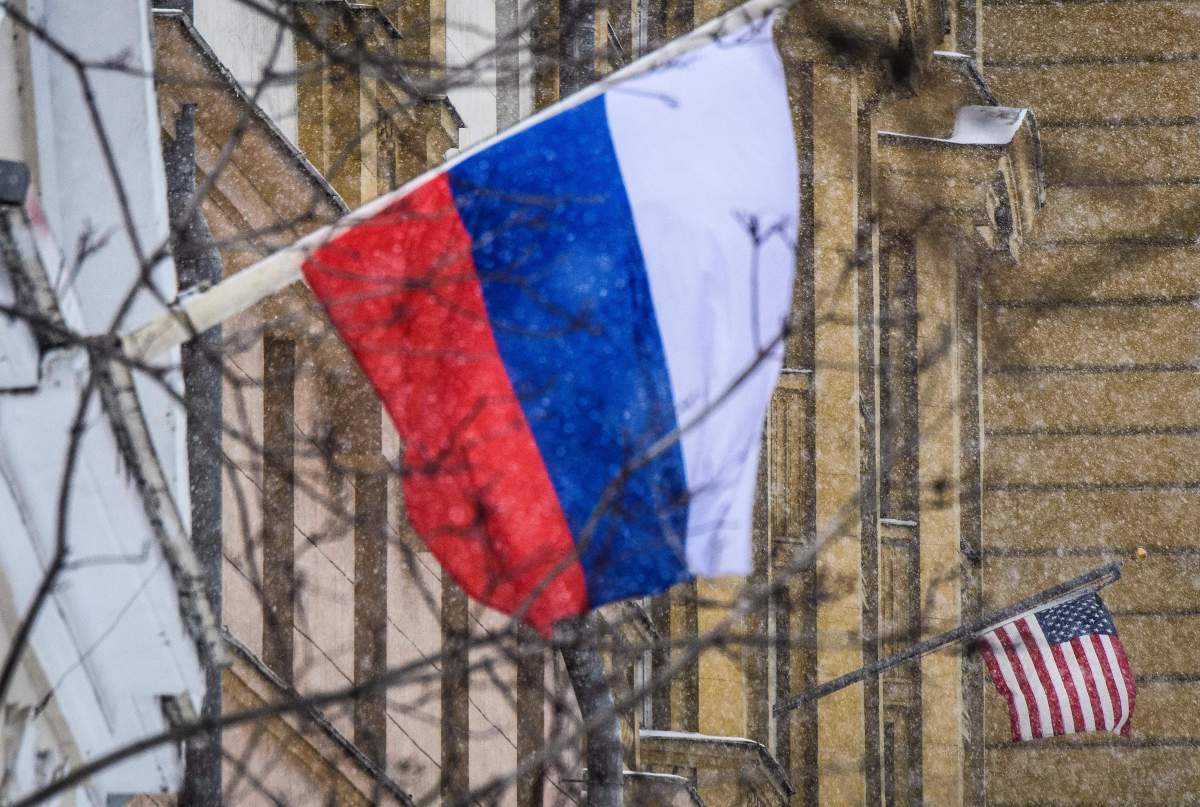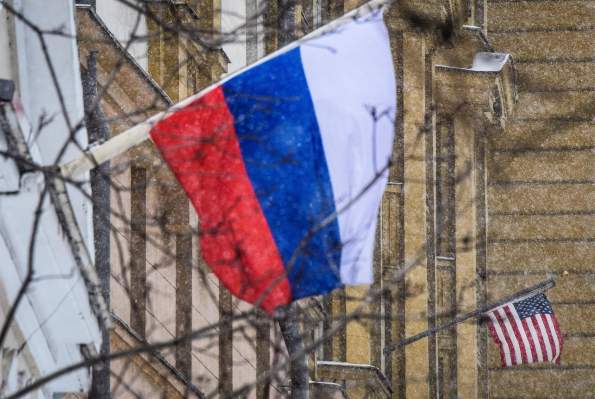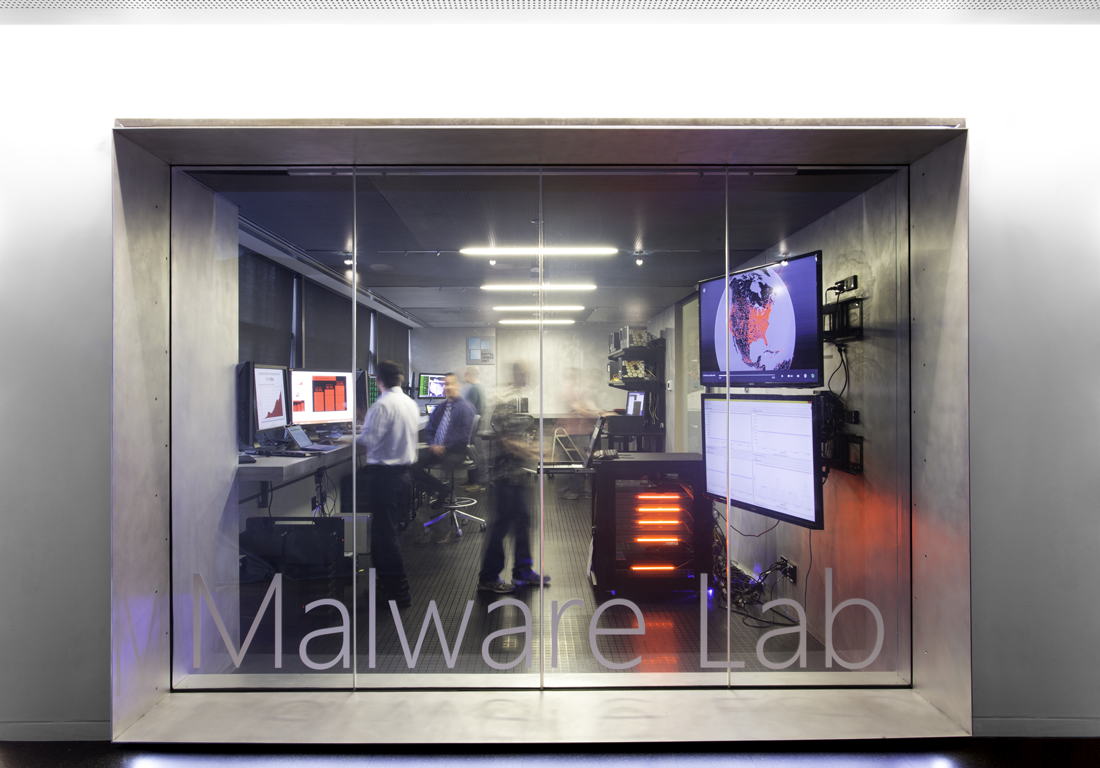Levy sanctions against foreign aggressors targeting Canada with disinformation: MPs
Published June 26, 2023 3:18 p.m. ET
OTTAWA — MPs are urging the Liberal government to levy sanctions against individuals and organizations who target Canadians with disinformation.
In a new report calling for stronger cybersecurity, the House of Commons defence committee warns of increasingly sophisticated disinformation and foreign influence campaigns by China, Russia and other aggressors.
Overall, the committee says more could be done to strengthen Canada’s cybersecurity and cyberwarfare efforts, and to improve resilience to threats from home and abroad.
During committee hearings, witnesses stressed that Canada should encourage the development of international norms and frameworks for addressing these threats.
The committee recommends using existing sanction regimes against people and entities trying to manipulate Canadians with misleading or false information.
The MPs also say Canada should impose effective sanctions on countries that condone or use cybercriminals to steal money or intellectual property, or conduct information warfare.
This report by The Canadian Press was first published June 26, 2023.




